Article Author
Lara Blanco
Culture happiness centric individual with the belief that happy teams make happy customers, which in turn makes everyone happy. I also know a thing or two about cleaning.
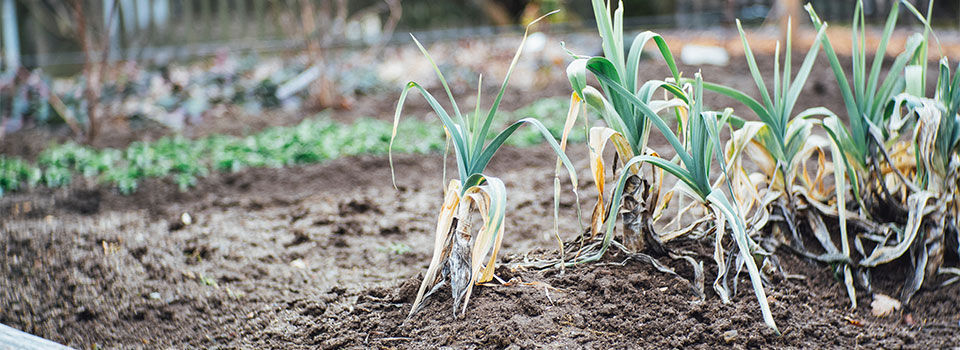
Do you feel nervous at the mention of sustainable living? We get it - making the move to live a more sustainable and waste-free life can be intimidating because there are so many factors to consider and steps to implement. Stress no more - we’ve done the hard work and broken it down for you. Here are seven simple tips to reduce waste and clean more sustainably.
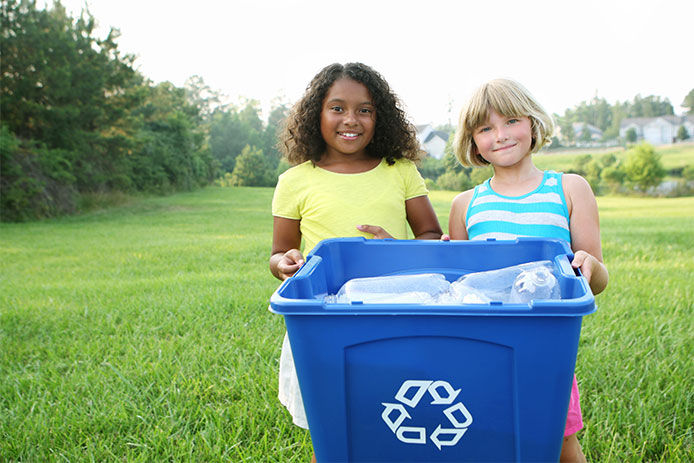
If you’re not already recycling, this is the most simple action you can take to reduce waste. At first, recycling may seem intimidating because every place uses different symbols and employs different rules and regulations. But when you understand how it works, it’s really simple. As recycling standards vary, the first step you need to take is to learn about the specific rules for your area. While it’s best to implement reusable packaging where possible, recycling is the next best alternative because it will prevent excess waste, like cardboard, containers, and glass bottles, from heading straight to landfill.
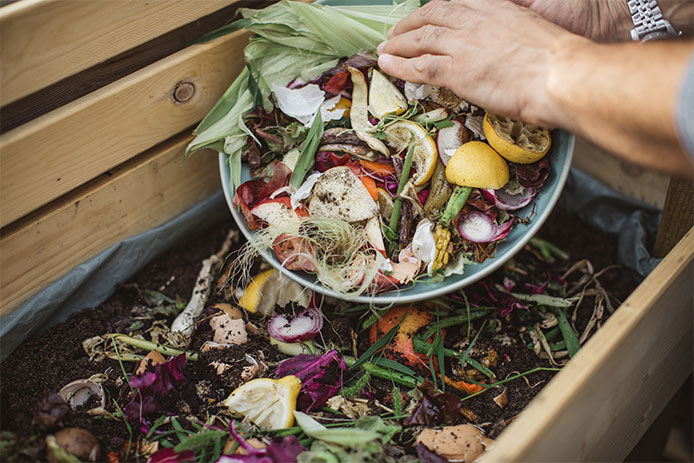
Composting is another practical solution that may seem a little overwhelming at first but can become an essential part of reducing your household waste once you understand it. Composting is the process of treating solid waste in which organic material, such as leaves, grass, and food scraps, are broken down by microorganisms in the presence of oxygen to a point where it can be applied back to the environment. You can use the final product, compost (called humus), as a natural fertilizer for your garden. Check out our article on how to compost at home.
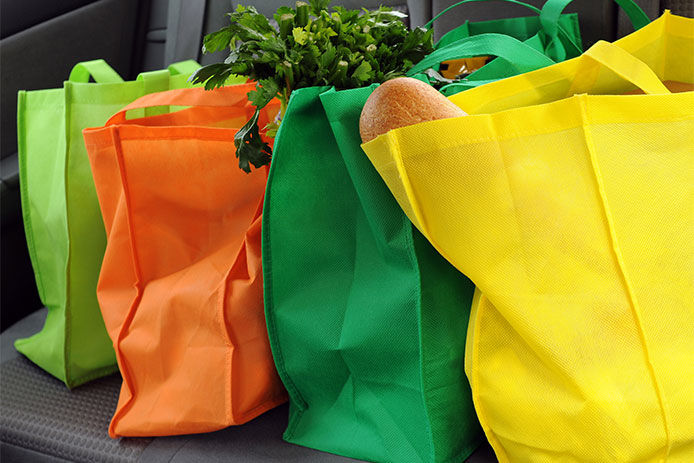
Over recent years, a lot of countries have implemented a zero single plastic bag rule. This change means that supermarkets and shops are no longer able to provide non-recyclable plastic bags at checkout. Whether you live in an area that implements this rule or not, reducing your plastic bag use is really easy to do. You can ditch plastic bags altogether by purchasing a few sustainable cloth bags. Just be sure to keep one tucked into your handbag or packed away in your car, so you don’t forget them at home!
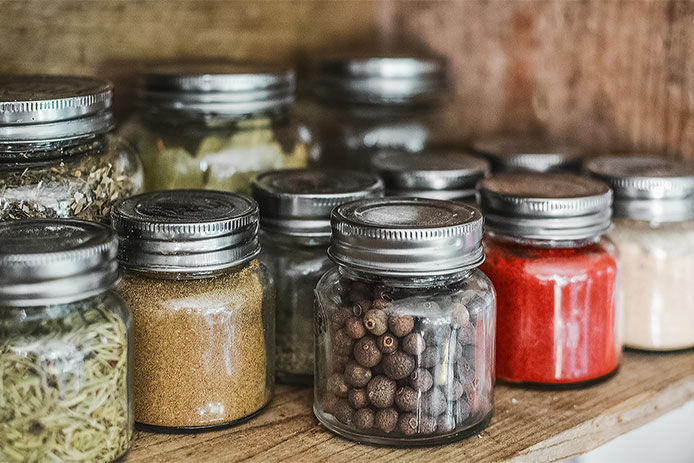
Another simple change is to ditch your plastic or single-use containers in favor of reusable containers. Start by investing in some high-quality airtight glass containers for storing every-day pantry items like baking goods, cereal, or other non-perishables. Storing your food properly will not only extend its lifespan and keep it fresh longer, but will also prevent the use of unnecessary plastic that’s harmful to the environment.
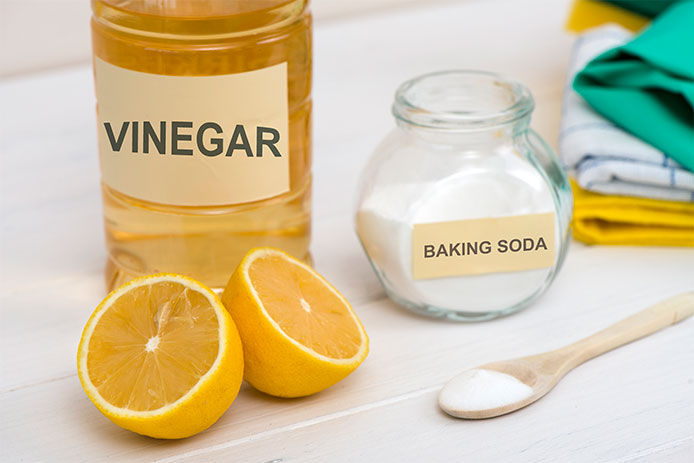
Whether you or a hired commercial cleaner are looking after your facilities, you may be surprised to learn that some cleaning products used are doing more harm than good. Sure, they may be killing the germs, but they’re also probably harming a lot of other things - like the environment and your family’s health. Harsh chemicals like formaldehyde, ammonium, and sodium borate can seriously hurt your skin, eyes, and respiratory system. If you want to look after your health and make a more sustainable choice, then ditch those nasty cleaners. Instead, invest in sustainable cleaning solutions. You can buy these over the counter at a lot of major supermarkets, or even online from boutique retailers. Alternatively, you can whip up some DIY cleaning products of your own. If you decide to go this route, the best sustainable ingredients include baking soda, castile soap, vinegar, lemon juice, olive oil, essential oils, and borax. You can use most of these products together to create cleaning solutions like toilet cleaner, disinfectant, air freshener, dishwashing detergent, laundry detergent, and more!
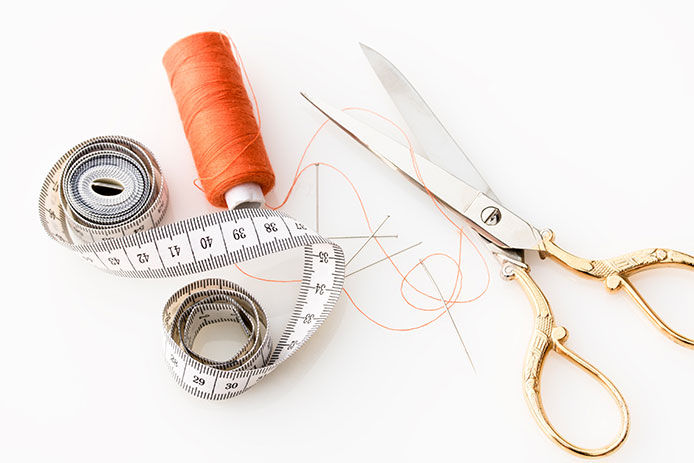
When a heel falls off a shoe, a piece of clothing rips, or a pair of jeans doesn’t fit you anymore, you may be tempted to throw the item out in the trash. However, buying high-quality items and repairing them when needed is much more sustainable than purchasing heaps of new, cheap, poor-quality items all of the time. So, the next time a strap breaks off your dress or a shoe buckle falls apart, consider whether it’s possible to repair the item before chucking it out.
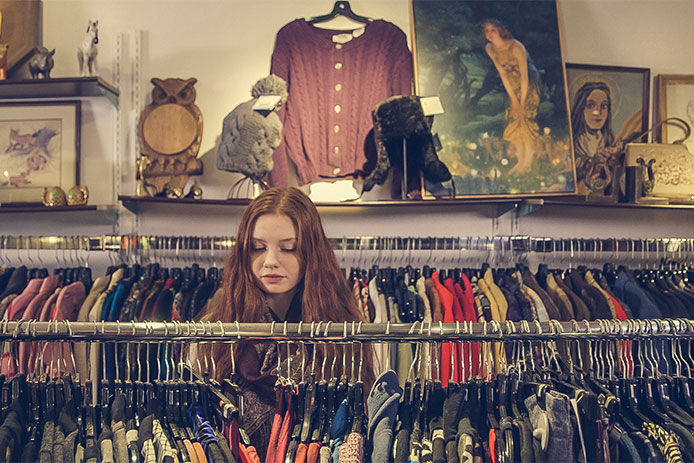
Why buy something new when you can buy something that has character for a fraction of the price? The next time you’re on the hunt for a new dress or purse, why not head to your local thrift store? Alternatively, if you and your friends are looking to refresh your wardrobe, why not hold a clothing swap? Decluttering your closet can also be a great idea when you’re moving out. No matter when you do it, thrifting is a much more sustainable way to reinvigorate (or clean out) your wardrobe. The environment and your bank account will thank you for it!
Equipped with the right information, you can change the way you live to reduce waste and keep your home clean in a more sustainable way. All it takes is a few simple steps. The environment, your family, and your bank account will be all the better because of it!
Article Author
Culture happiness centric individual with the belief that happy teams make happy customers, which in turn makes everyone happy. I also know a thing or two about cleaning.